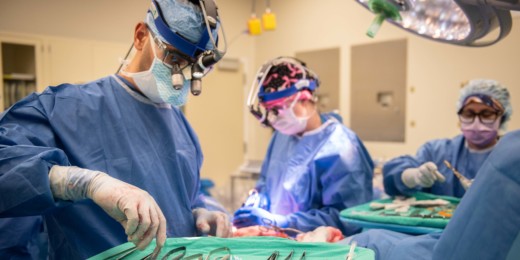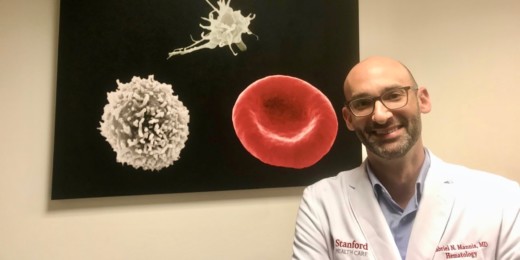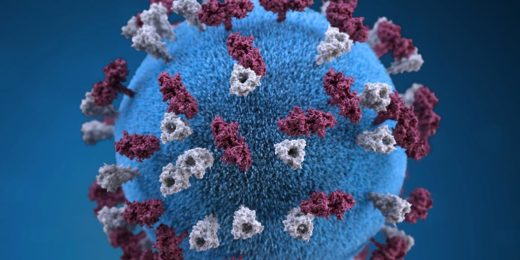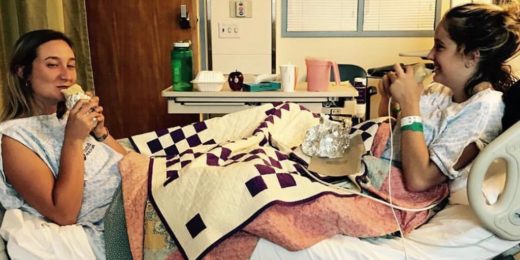In this fifth, final post in a series on high blood pressure, Randall Stafford, MD, PhD, explains target blood pressure guidelines.
Popular
If I knew then what was to come: The importance of getting a colonoscopy
In this essay that originally appeared in Months to Years, writer Mal Schoen describes how he was diagnosed with colon cancer.
Understanding AFib: Slowing down the dancing heart
In this fourth post in the Understanding AFib series, physician Randall Stafford explains different drugs that are used to slow down the heart.
A skeptical look at popular diets: Vegetarian is healthy if you tread carefully
In the third post in A Skeptical Look at Popular Diets, clinician-researcher Randall Stafford points out the pros and cons of a vegetarian diet.
Taking Depression Seriously: What is it?
This is the first in a series called Taking Depression Seriously, which aims to explain the disease and offer tips for navigating the health care system.
Even athletes may have high blood pressure, possibly
A third of young athletes register high blood pressure, raising questions about their health — or about the new U.S. hypertension guidelines.
In the Spotlight: From Sesame Street to Stanford
In this In the Spotlight, hematologist/oncologist Gabriel Mannis talks about his passion for medicine and his experience working at Sesame Street.
Exercise stress test results often misinterpreted as bad news
Stanford research shows that having high blood pressure at peak exercise intensity could indicate good fitness, rather than revealing heart disease risk.
What baking taught me about practicing medicine
Like baking, practicing medicine sometimes requires improvising, based solidly on knowledge and experience, writes Stanford medical student Yoo Jung Kim.
Stung: Understanding jellyfish stings
Emergency medicine physician Paul Auerbach has a longstanding interest in care for jellyfish stings. Here, he explains what to do if you are stung.
What’s a virus, anyway? Part 1: The bare-bones basics
Amid the COVID-19 pandemic, viruses are getting a lot of attention; here's an inside look into the most abundant life form on Earth.
What it was like to get a pacemaker at 19, and how it changed my life: Part 2
College student Bea White writes about her pacemaker-implant surgery, and how her life has changed since having the procedure.
Treatment options for urinary tract infections | Understanding UTIs, Part 5
The fifth post in the Understanding UTI series outlines the different types of medications for UTIs, including antibiotics and drugs for pain relief.
Post-surgical abdominal adhesions: A potential cause and possible treatment
Abdominal adhesions frequently occur after abdominal surgery. Stanford researchers prevented their formation in mice by blocking a molecular pathway.
What we can learn from COVID-19 in kids
A Stanford physician co-authored a list of likely biological factors underlying the reduced development of COVID-19 for children compared to adults.
Anxious? Here’s what you can do
Anxiety is common, but if unchecked it can be harmful. Certain skills can help individuals manage anxiety, but if it persists or is severe, seek help.

















